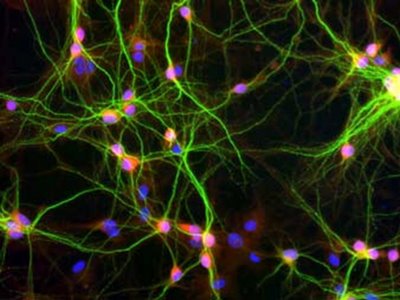Your Brain is not a Computer – Part 4

"I've seen things you people wouldn't believe. Attack ships on fire off the shoulder of Orion. I watched C-beams glitter in the dark near the Tannhäuser gate. All those moments will be lost in time - like tears in the rain. Time to die."- Roy from the film Blade Runner
Finally, what about people that want to change their personalities? What about those people that strive, through countless self-help regimens and plans to improve their life outlook and social interactions? They may not want a static neural architecture forever confining them to their flaws. And besides, what’s wrong with flaws? We are all overflowing with flaws. I have never had a perfect lover either, but nonetheless, many of them were extraordinary women and despite our differences, there is nothing I would change about them.
More importantly, perfection itself is clearly not a characteristic of our human civilization. Even the ability to innovate does not require perfect knowledge of a subject. How would you ever program inspiration? It’s one thing to reconstruct the electrical foundation of motor functions or to stimulate a spatial cooperative of neurons, but it is another thing entirely to duplicate the neurochemically- modulated memories and personality of an established individual.
It is partly the dream of immortality that drives this idea of computerizing the personality - and rightly so. Because unfortunately, it is a profound sadness of life, for some of us, that all of the work we put into constructing our own individual personalities – education, romance, tears, laughter, introspection, victories, defeats – all must come to an end. This is true no matter how great or small our intellectual horizons.
Finally, what about people that want to change their personalities? What about those people that strive, through countless self-help regimens and plans to improve their life outlook and social interactions? They may not want a static neural architecture forever confining them to their flaws. And besides, what’s wrong with flaws? We are all overflowing with flaws. I have never had a perfect lover either, but nonetheless, many of them were extraordinary women and despite our differences, there is nothing I would change about them.
More importantly, perfection itself is clearly not a characteristic of our human civilization. Even the ability to innovate does not require perfect knowledge of a subject. How would you ever program inspiration? It’s one thing to reconstruct the electrical foundation of motor functions or to stimulate a spatial cooperative of neurons, but it is another thing entirely to duplicate the neurochemically- modulated memories and personality of an established individual.
It is partly the dream of immortality that drives this idea of computerizing the personality - and rightly so. Because unfortunately, it is a profound sadness of life, for some of us, that all of the work we put into constructing our own individual personalities – education, romance, tears, laughter, introspection, victories, defeats – all must come to an end. This is true no matter how great or small our intellectual horizons.
Will we ever be immortalized by transferring our personalities and memories to an artificial neural fabric? Perhaps, but for now, I would strongly advise – carpe diem.
-Just a peasant
Photo of neurons in the hippocampus (one important site of memory and mood) from the Franklin Institute
-Just a peasant
Photo of neurons in the hippocampus (one important site of memory and mood) from the Franklin Institute


0 Comments:
Post a Comment
<< Home (ホームページ)